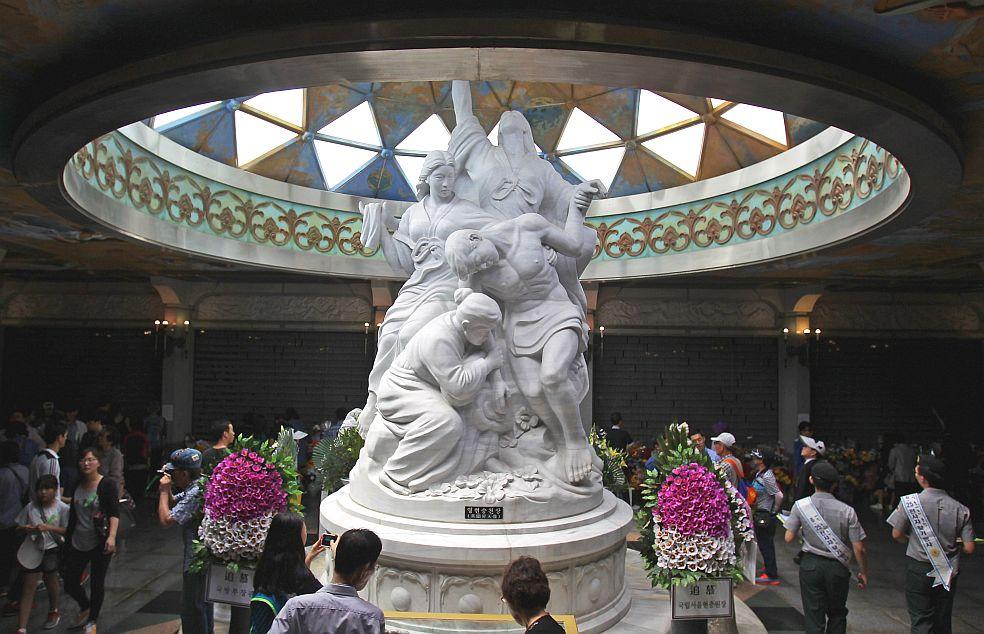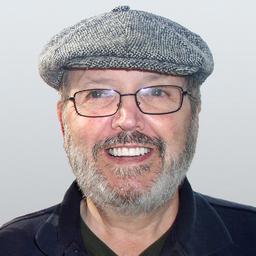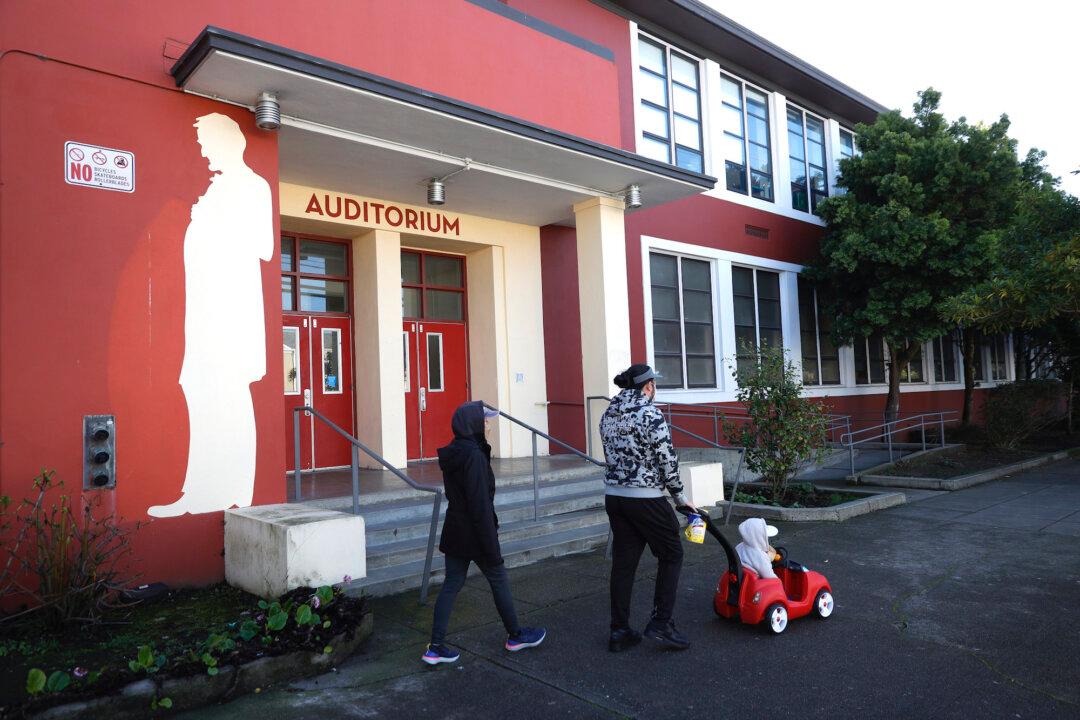If the best things in life are free, then the story of a person’s experiences, especially told with passion and frankness, earns a free pass.
A 73-year-old Los Angeles woman has written a gripping tale of her childhood in Korea. Kim Shin Ja, an artist, teacher, musician—and now a writer—depicts a family-next-door life for her and her family, which turned into a worst nightmare by the time she was 9. The Russian-backed incursion from the north of Korea saw to that.
The Korean War officially lasted from 1950 to 1953. “People of the same face being so brutal,” she said. “Never again, I hope.”
The author, a former ESL student, fashioned the account in English, her second language, perhaps making this writing accomplishment all the more remarkable.
Yet Ms. Kim remains self-effacing: “I’m not a writer,” she said, in a discussion with The Epoch Times. Her motivation for creating the memoir was very personal. “I want to leave a little history for my daughter Michelle, my grandchildren, and future generations.”
In addition to the family home taken over by the communists needing it for headquarters, the times in a new home with a tin roof and dirt floor mandated steady vigilance for armed men “with shaved heads,” she said. The day arrived that two came calling. Her father Kim Bong Lark, a lawyer and democratic activist, and translator for U.S. General John Hodge, was a person of interest.
“[T]here was a truck in front of my house … two men from the North Korean army with thick red bands around their arms,” her memoir states. This was the last she saw of her father, whom she memorializes as “a dreamer, young lover of poetry and literature.”
Suk Nam Ok, a schoolteacher and Ms. Kim’s mother, was later kidnapped, leaving Ms. Kim’s 11-year-old older sister Kyung Ja to head the household.
The newly orphaned children were herded to Ms. Kim’s ex-schoolhouse. “All my real teachers were gone,” her memoir notes. “A young woman shouted into the megaphone, ‘Kim Il-Sung [the communist leader] is our hero.’”
Posters of Kim Il-Sung became mandatory in all homes.
“No singing, no food,” the woman said, forcing the children to learn the North Korean national anthem in exchange for a ration of bread.
When bread was short and hunger high, other sources of nourishment made do. “I was used to picking edible roots, greens and flowers,” she states in her book. But when those became scarce, “We boiled grass and made soup.”
The tome crafts delicate circumstances like near-starvation with traces of humor. For example, a “kind” North Korean guard broke her off a piece of dirty flatbread he had been sitting on. Ms. Kim’s imagination of where the bread had been and what may have happened upon it did not outweigh her hunger pangs.
Ms. Kim’s mother eventually rejoined the family after a former student conscripted into the North Korean army had lied on her behalf.
The fate of the family’s two German Shepherds, Jack and Mary, was another matter. In cozier times, a basket would be hung on the dogs’ necks with money and a shopping list inside. The two would trot out and return with provisions and change from the shopkeeper. But scents in the air hinted that they had been barbecued.
“Free time” consisted of uncovering dead bodies strewn about in hopes of discovering her father’s fate.
There is a twinkle in prose of the memoir for the American GI. “General MacArthur was our savior. The American soldiers came in and stopped the communists,” it states.
“It was raining bombs. The sky was filled with fast, large planes. I thought if I were a pilot, I would fly and look for my father,” she said in her book.
Heeding her father’s words to “not be a croaking frog inside a well,” at war’s end she set out to discover new frontiers. An attraction for the art, architecture, and music of the Catholic Church pointed her to a convent in Japan, where she thought of becoming a nun. However, her attraction did not motivate the mother superior to admit her.
Returning to Korea, she tutored in piano at Sacred Heart Girls High School in Seoul. South Korea’s incumbent president Park Geun-hye was one of the pupils.
In Los Angeles, Ms. Kim attended community colleges, where she sharpened her English and abilities in fashion design and art. She plays piano at Catholic churches in Silver Lake and in Koreatown and is a teacher assistant at a public elementary school.
Her memoir may not have a title or ever be published, as Ms. Kim wishes. The Korean Cultural Center in Los Angeles, however, has expressed interest in Ms. Kim’s tome for its library. Her dream to share her iota in Korean history may soon be realized.





